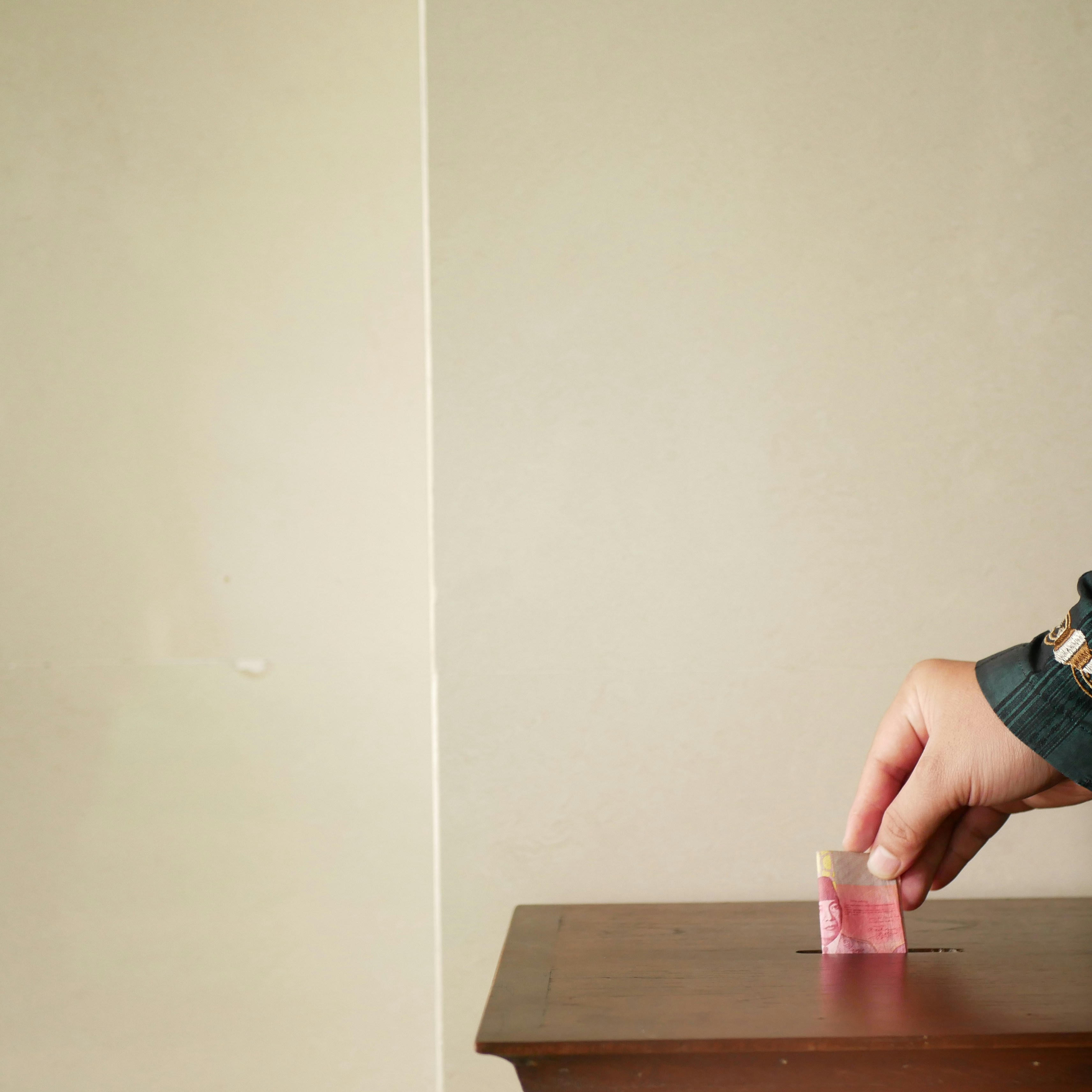Kapanlagi.com - In Javanese culture, there is a belief in the existence of good days and unlucky days. Besides knowing the good days, it is also important to know when the unlucky days fall. As the name suggests, unlucky days according to Javanese primbon can bring continuous misfortune in a person's life.
Even though the times are very modern, many people still believe in the teachings about these unlucky days. In addition to knowing when the unlucky days occur, it is also important to know how to avoid misfortune on Javanese primbon unlucky days.
Curious about how to avoid misfortune on unlucky days according to Javanese primbon? To find out, just check out the following review.
1. Knowing When the Bad Day Falls

How to Avoid Bad Days Knowing When Bad Days Occur (credit: unsplash)
Each weton has its own bad day. Therefore, the first step in avoiding the bad day according to Javanese primbon is to know when that day falls. Javanese primbon has a complex calculation system that involves weton, which is a combination of the day and market of Java when someone is born.
According to the weton calculations in Javanese primbon, there are bad days or unfortunate days in several types, namely Wes 3, Wes 5, Wes 7, and Wes Gede. Wes 3, Wes 5, and Wes 7 are part of the bad days for each weton. Meanwhile, Wes Gede, the peak of the bad days, is the most unfortunate day when a person's energy is at its lowest point.
To determine the bad day, the following calculations can be performed.
- Wes 3 is determined by counting the 3rd day after the birth weton. For example, for the weton Selasa Kliwon, Wes 3 falls on Kamis Pahing.
- Wes 5 is determined by counting the 5th day after the birth weton. For example, for the weton Selasa Kliwon, Wes 5 falls on Sabtu Wage.
- Wes 7 is determined by counting the 7th day after the birth weton. For example, for the weton Selasa Kliwon, Wes 7 falls on Senin Legi.
- Wes Gede is determined by counting the specific day according to the total neptu of the weton owned. For example, someone with the weton Selasa Kliwon has a neptu of 11, so Wes Gede is the 11th day after that, which is Jumat Kliwon.
2. Postponing Important Activities
After knowing when the bad days according to Javanese primbon fall, one way to avoid misfortune on those unfortunate days is to postpone important activities. If possible, activities such as weddings, starting a new business, or taking long trips should be rescheduled to a day considered more auspicious.
Although it is not always practical to postpone all activities, Javanese primbon suggests at least avoiding starting major things or making important decisions on a day deemed unlucky. If activities cannot be postponed, it is advisable to perform rituals or specific practices to "neutralize" negative energy.
3. Increasing Prayers and Asking for Parents' Prayers

How to Avoid Bad Days: Increase Prayers and Ask for Parents' Prayers (credit: unsplash)
In Javanese tradition, prayer is considered one of the strongest ways to avoid misfortune, including on bad days according to Javanese primbon. Increasing prayers and worship on days considered unfavorable is believed to help protect oneself from negative energy.
Besides praying for oneself, asking for blessings from parents or elders is also considered very important. Parents' prayers are believed to have special power to protect their children from misfortune. This practice not only reflects spiritual beliefs but also strengthens family bonds and respect for elders.
4. Performing Tirakat and Special Practices
To avoid bad days according to Javanese primbon, many traditional Javanese people perform tirakat or special practices. Tirakat can involve fasting, reducing sleep to pray or meditate, or performing certain rituals.
These practices are believed to cleanse oneself from negative energy and strengthen spiritual protection. Some special practices that are often done to ward off bad days according to Javanese primbon include meditation, fasting, visiting ancestral graves, and so on.
5. Charity

How to Avoid a Bad Day by Giving Charity (credit: unsplash)
Charity is considered one of the most effective ways to avoid misfortune, including on bad days according to Javanese primbon. In Javanese belief, charity not only brings rewards but is also believed to change one's fortune and ward off calamities.
However, it should be understood that charity is not solely about material goods or money. Charity to avoid misfortune on bad days can take various forms, such as sharing knowledge, helping those in need, and so on.
These are some ways to avoid misfortune on bad days according to Javanese primbon. It is important to remember that a person's success and safety are not solely determined by good or bad days. Good preparation, a positive attitude, and wise actions remain the main factors in living daily life.
Additionally, it should also be understood that the explanations above do not have a clear scientific basis. So, the final decision to believe or not to believe is left to the reader.
(kpl/psp)
Disclaimer: This translation from Bahasa Indonesia to English has been generated by Artificial Intelligence.















